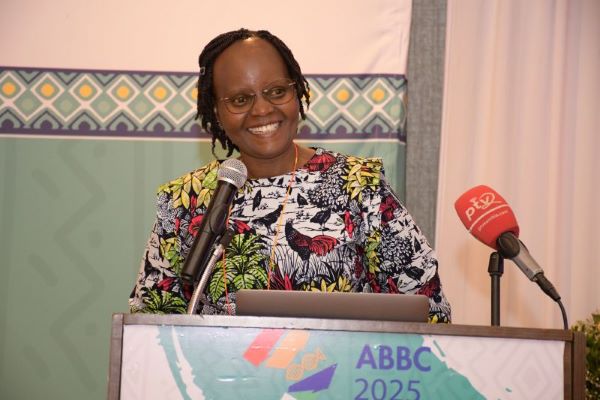A decade after its inaugural gathering in Nairobi, Kenya, the Africa Biennial Biosciences Communication (ABBC) Symposium returned—this time in Lusaka, Zambia—with renewed energy and purpose. The 6th edition of the symposium, ABBC2025, became more than just a meeting of minds; it was a reaffirmation of Africa’s determination to confront the growing menace of misinformation, disinformation, and malinformation in science.
For three days, Lusaka hosted scientists, communicators, policymakers, journalists, and other stakeholders from across the continent. The program was as engaging as it was diverse—featuring plenary sessions, panel discussions, a “bus stop” idea exchange, fireside chats, a field visit to a modern seed facility, and a One Health leadership training. Each activity was designed not only to share knowledge but also to foster dialogue and collective problem-solving.
The atmosphere was one of urgency and hope. Delegates openly acknowledged the challenges facing science communication in Africa. They pointed out that falsehoods continue to erode public trust, delay the uptake of innovations, and ultimately compromise livelihoods. Many agreed that simply presenting scientific facts is no longer enough in a world where rumors travel faster than evidence.
Speakers, including ISAAA-AfriCenter Director, Dr. Margaret Karembu, also observed that the scientific community has long been trapped in silos, slow to embrace cutting-edge communication tools. Meanwhile, the continent continues to grapple with population pressure, low yields, pest and disease outbreaks, climate change, and misuse of crop protection products and antimicrobials. The media, many felt, has not been fully engaged as a vital partner in countering these narratives with accurate, timely information.
Against this backdrop, the symposium reached a turning point: a collective commitment to change. Participants pledged to strengthen African-led engagement platforms, encourage research institutions to mainstream science communication, and advocate for more robust multi-stakeholder dialogues. There were also bold calls to establish a rapid-response think tank for contentious scientific issues, co-create a digital reference point for scientific terms, and invest in AI-powered fact-checking systems.
Perhaps most striking was the unified appeal for governments to increase funding in Science, Technology, and Innovation (ST&I)—a recognition that the fight against misinformation requires not just ideas, but resources.
As the symposium drew to a close, the organisers, ISAAA AfriCenter, expressed gratitude to all partners and participants for their contributions. They promised a detailed communiqué in their monthly newsletter, The DrumBeat, and a comprehensive symposium report.
For many who left Lusaka, the experience was more than just a conference. It was a milestone: ten years on, Africa’s scientific community is still standing strong, determined to protect truth, foster innovation, and talk science facts.


